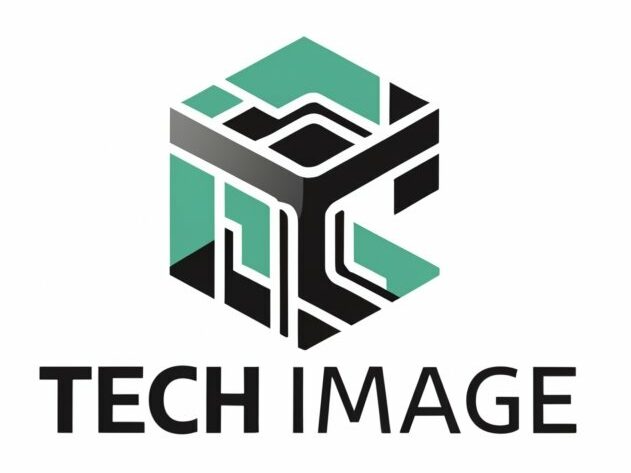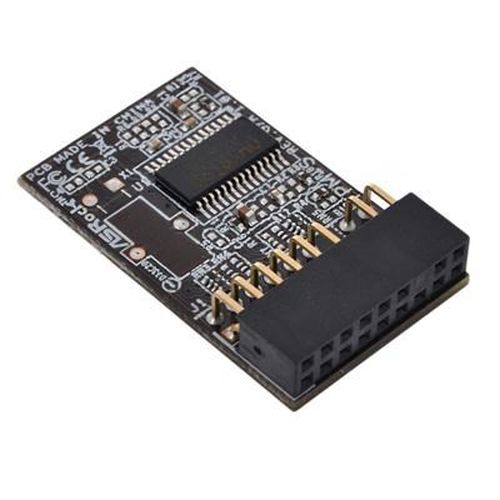Building your own PC can be a rewarding experience, offering you the opportunity to tailor a system to your exact needs and preferences. Whether you’re a gamer, content creator, or just seeking a more powerful computer, assembling your own PC can be a great project. However, it can also be daunting for beginners. This guide aims to outline the key topics you should familiarize yourself with before embarking on your PC building journey.
Essential Topics for PC Building
1. Understanding PC Components
- CPU (Central Processing Unit): Learn about processor specifications, brands (like Intel and AMD), and what makes a CPU suitable for tasks like gaming, content creation, or general use.
- Motherboard: Understand different form factors (ATX, micro-ATX, mini-ITX), socket types, and how the motherboard dictates what other components you can use.
- RAM (Random Access Memory): Explore memory sizes, speeds, and the importance of matching RAM to your motherboard and CPU.
- GPU (Graphics Processing Unit): Investigate different types of graphics cards, and their importance in gaming and graphics-intensive tasks.
- Storage: Learn about HDDs (Hard Disk Drives), SSDs (Solid State Drives), NVMe drives, and how to balance storage capacity with speed.
- PSU (Power Supply Unit): Understand how to determine the necessary power supply wattage and the importance of efficiency ratings.
- Cooling Systems: Explore options like air cooling vs. liquid cooling, and the importance of maintaining optimal temperatures for your PC components.
- Case: Learn about different case sizes, compatibility with other components, and ventilation.
2. Compatibility and Sizing
- Understand how to ensure all your components are compatible with each other (e.g., CPU socket type matching the motherboard, PSU wattage supporting your components).
- Learn about sizing and how to ensure that all components fit inside your chosen case.
3. Assembly Process
- Familiarize yourself with the step-by-step process of building a PC, including installing the CPU, mounting the motherboard, installing RAM and GPU, setting up storage, and managing cables.
- Understand the importance of static electricity and how to avoid damaging components during assembly.
4. Operating System Installation
- Learn about different operating systems (like Windows, Linux) and how to install them.
- Understand driver installation and basic setup after your OS is installed.
5. Basic Troubleshooting
- Familiarize yourself with common issues that can arise during and after building a PC, like boot problems, overheating, or hardware incompatibility.
6. Upgrades and Maintenance
- Learn about maintaining your PC, including regular cleaning and software updates.
- Understand how and when to upgrade components.
7. Budgeting and Cost Analysis
- Plan your build according to a budget. Learn how to balance spending between different components to get the best performance for your money.
Additional Resources
- Forums and Communities: Websites like Reddit’s r/buildapc, PCPartPicker, and Tom’s Hardware forums are excellent resources for advice and feedback.
- Video Tutorials: YouTube channels dedicated to PC building can provide visual and practical guidance.
- Product Reviews and Benchmarks: Sites like AnandTech, TechRadar, and CNET offer reviews and performance benchmarks for individual components.
Conclusion
Building your own PC can be a fulfilling project that gives you a deeper understanding of how computers work. By researching and understanding these key topics, you’ll be well-prepared to design and assemble a computer that meets your specific needs and preferences. Remember, the PC building community is vast and supportive, so don’t hesitate to seek advice and share your experiences. Happy building!
Got a favourite YT channel or website about building computers which isn’t mentioned above? Leave a comment. Sharing is caring.

